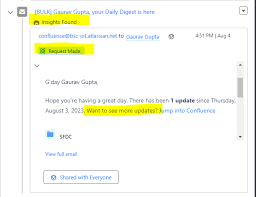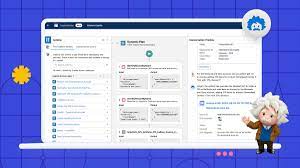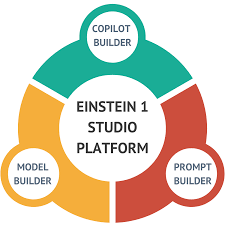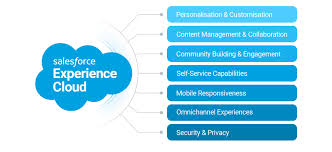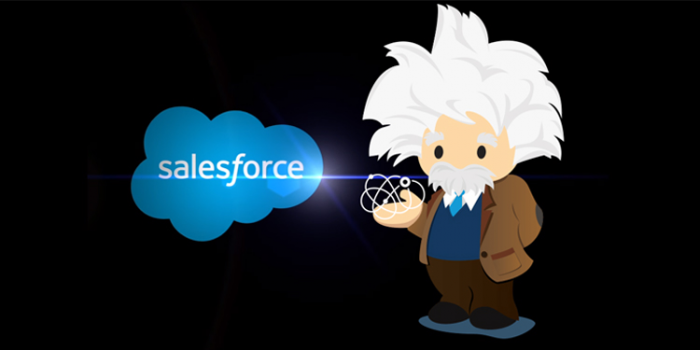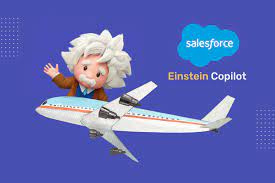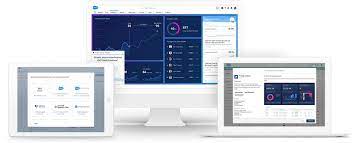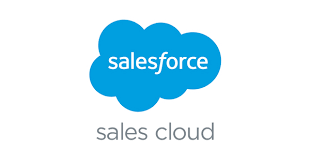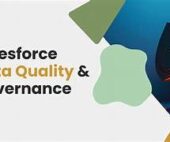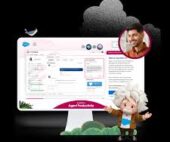Einstein Email Insights Explained
In 2016, Salesforce ventured into the realm of artificial intelligence (AI) with the introduction of Salesforce Einstein. Far from a standalone product, Salesforce Einstein represents a technological layer seamlessly integrated into the Salesforce Lightning platform and various other Salesforce cloud products. Insights for Sales Specifically designed for sales professionals, Einstein Email Insights proves to be a valuable tool. It provides crucial information within the email interface, empowering salespeople to respond to customers more effectively and at the opportune moment. Einstein Email Insights offers sales representatives essential context related to sales alongside pertinent inbound emails. By specifying criteria for email content analysis, users can extract the most relevant insights. Einstein ensures that contextual sales information is surfaced while composing emails, facilitating the delivery of optimal responses at the right time. This feature is available with Sales Cloud Einstein, Inbox, High Velocity Sales, or Revenue Intelligence, albeit with an additional cost. It is accessible for Salesforce Enterprise, Performance, and Unlimited editions, subject to an extra charge. The Einstein Family If you are using Einstein Activity Capture with a Sales Cloud Einstein or Inbox license, Email Insights is automatically activated upon enabling Einstein Activity Capture. However, users without these licenses must read and agree to the Email Insights terms of service before utilizing the feature. The insights derived from Einstein Conversation Insights go beyond mere data points; they offer actionable intelligence. Businesses can leverage these insights to refine products, optimize customer service processes, and make informed decisions that positively impact the overall customer experience. Salesforce Einstein Insights ensures that every action taken by your sales representatives is calculated and meaningful, aiming to convert prospects into customers. Statistics show that Salesforce Einstein Insights can boost conversion rates by 43%. This AI-powered platform compiles data from accounts, opportunities, call histories, and even news sources to predict business outcomes, empowering your team to strategize with confidence at every stage of customer engagement. Salesforce has recently introduced new email features in its Marketing Cloud to enhance the efficiency of email capabilities. The new Einstein Email capabilities enable modern marketers to increase productivity, send more personalized emails, and drive greater customer engagement. Additionally, Salesforce’s acquisition of Rebel, an interactive email provider, brings forth the ability to create interactive emails, allowing recipients to take action directly within the email. This functionality, akin to AMP for Gmail, enables users to browse image carousels, fill out forms, register for events, and more, directly from their inbox. Salesforce plans to launch this pilot early in 2020, integrating it with Email Studio and Journey Builder. Like2 Related Posts 50 Advantages of Salesforce Sales Cloud According to the Salesforce 2017 State of Service report, 85% of executives with service oversight identify customer service as a Read more Salesforce Artificial Intelligence Is artificial intelligence integrated into Salesforce? Salesforce Einstein stands as an intelligent layer embedded within the Lightning Platform, bringing robust Read more Salesforce’s Quest for AI for the Masses The software engine, Optimus Prime (not to be confused with the Autobot leader), originated in a basement beneath a West Read more How Travel Companies Are Using Big Data and Analytics In today’s hyper-competitive business world, travel and hospitality consumers have more choices than ever before. With hundreds of hotel chains Read more

